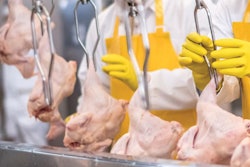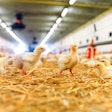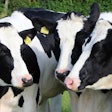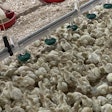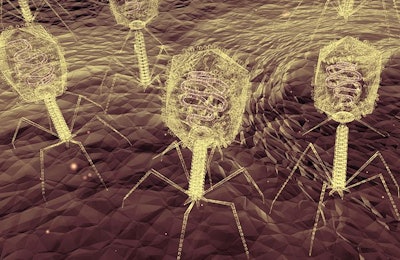
The use of bacteriophages to kill Salmonella in poultry flocks is currently being investigated in Kenya. The work, driven by concerns about antibiotic overuse and antibiotic resistance, should result in a commercially available product aligned to local needs and offering an alternative to antibiotics.
The Kenyan broiler industry has witnessed rapid growth over recent years. In 2007, the country produced approximately 25,000 tons of poultry meat; however, by 2017 it had risen to about 100,000 tons, according to figures from Rabobank. The egg sector has also been expanding but at a more moderate rate.
Broiler production now accounts for almost a third of the agricultural industry’s 26% contribution to gross domestic product, but this expansion has not been without its problems.
According to the International Livestock Research Institute (ILRI), which is working with Canada’s Laval University on the phage study, the wide-scale use of antibiotics in Kenyan poultry production to tackle disease, improve growth rates and improve feed efficiency, is contributing to the emergence of antibiotic resistance, particularly in Salmonella. According to ILRI’s Nicholas Svitek, Ph.D., 30% of Salmonella isolated from poultry farms are multi-resistant.
The problem does not stop there; Svitek goes on to note that 75% of the antibiotics administered on Kenyan poultry farms are released into the environment, contributing more widely to the development of antibiotic-resistant bacteria and posing an additional threat.
Local solutions
The 33-month collaboration, which started last year, will investigate bacteriophage-based solutions to kill Salmonella isolated from Kenyan farms. Strains will be collected from both poultry farms and slaughter houses to be typed for antibiotic-resistance genes.
Known bacteriophages will initially be tested for the their capacity to lyse, or disintegrate, selected Salmonella stains; however, new bacteriophages, isolated locally and with lytic activity against Salmonella will also be isolated for use.
Combinations will then be tested in a Salmonella infection model in chickens, followed by field trials in selected small holder farms. Finally, an assessment will be made on the impact of bacteriophage technology against Salmonella and how well the technology was adopted by women poultry farmers in the hope of broader commercialization if well accepted.
The project, which has received CAN2.9 million (US$2.2 million) in funding, part of Innovet-AMR, is aimed at reducing the risk that antimicrobial resistance (AMR) in animals poses to global health and food security. The four-year partnership is funded by Canada’s International Development Research Centre (IDRC) and the UK’s Global AMR Innovation Fund.

Poultry production in Kenya has grown rapidly but with it antibiotic resistance in disease-causing bacteria has also increased, posing a threat to both animal and human health. | Mark Clements


